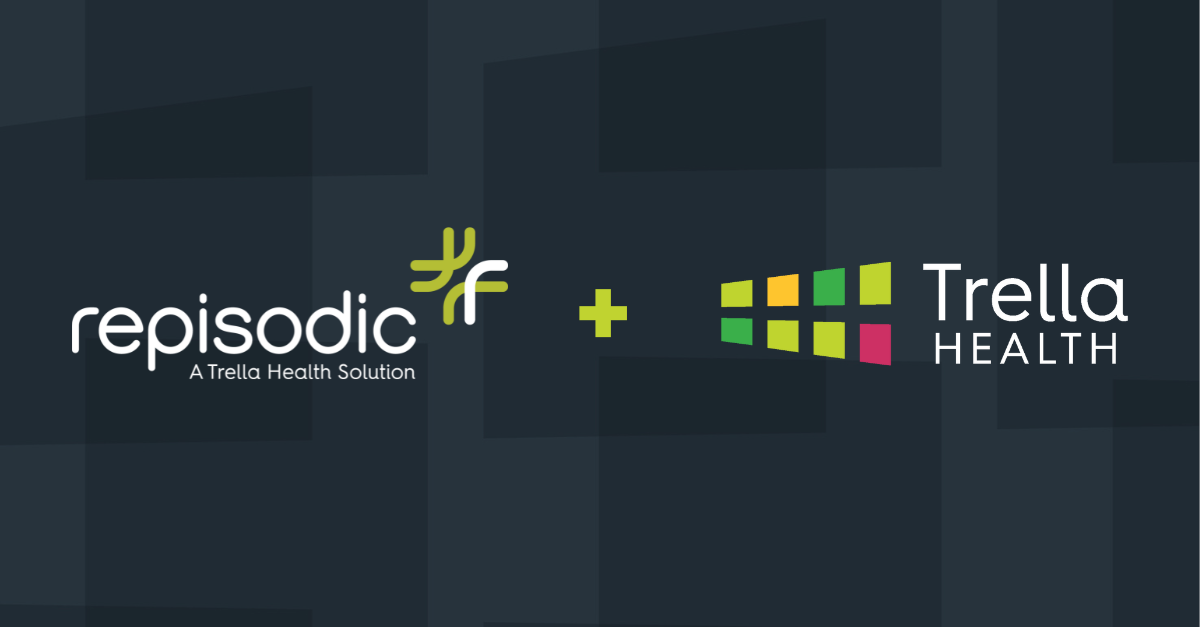BLOG
Tips for Remote Business Development
By: Jessica Chew| March 19, 2020
COVID-19: Tips for Adjusting to Remote Business Development During a Pandemic
There is no question COVID-19 is impacting healthcare employees’ daily lives – and our business operations. As we all work to avoid spreading infection to the most vulnerable in our communities, your post-acute organization is likely feeling a huge impact on your day-to-day sales and business development activities.
If you’re in a densely populated area or region with a high number of confirmed cases, you’ve likely already begun remote work. If you work in a rural area, though, you may still be making on-site calls and monitoring the situation on a day-by-day basis. In either case, it’s wise to consider how you can continue to connect with referral sources in your area, drive admissions, and grow your network – without putting yourself and others at risk.
Business development representatives and liaisons like you in home health agencies (HHAs), skilled nursing facilities (SNFs), and hospices have a significant opportunity to help protect high-risk patients and residents while building relationships with other providers and facilities in your service area. Here are a few of our favorite tips to nurture your network, provide care to more patients, and keep flattening the curve.
Tailor Your Messaging to Help Your Prospects
Consider what your audience cares about most right now. While hospitals are feeling the strain to prepare for increased demand while implementing strict protocols to mitigate the spread of the virus, many post-acute business development reps are experiencing unforeseen downtime as non-essential staff work from home. Understand what your referral sources need in this moment. You can then determine how to best help and build your messaging around that.
For example, one of Trella’s hospice customers is focusing on how their agency reduces ER visits for patients during the last 30 days of life. Referring eligible patients not only keeps beds open for those who need acute care most, but it also helps reduce the risk of exposure to people with terminal illnesses.
To demonstrate how their agency can ease the burden of nearby hospitals, many customers are digging into Trella’s solution to prepare presentations and info sheets that highlight relevant performance metrics. They can then attach these materials in emails or print out to leave behind at hospitals and other facilities that may be restricting liaison access.
Stay in Touch Through Email, Text, and Fax
Never underestimate the power of a compelling email, text message, or even fax. As business development representatives transition to working from home as much as possible, maintaining communication is key.
If you have informational packets that could help your prospective referral partners get to know you, go ahead and send them in whatever format works best for your audience. This is a great time to provide updates on your organization’s efforts to keep vulnerable populations safe, complete with data about your quality metrics and how work with you to best serve patients.
Use Available Data to Differentiate Your Organization
If you’re a SNF that can currently accept COVID-19 patients who require care after an inpatient stay, you can take this opportunity to send information about your occupancy, specializations, and performance metrics to hospitals in your area.
If you have the ability to isolate patients in private rooms and your facility has a ventilator unit or respiratory therapists on staff – that’s valuable information for overloaded hospitals looking to discharge patients recovering from COVID-19.
Demonstrate How Your Organization Helps Flatten the Curve
Along the same lines, HHAs can emphasize that home health is the lowest-risk care setting for patients vulnerable to COVID-19.
We recently spoke with a home health customer who had a unique perspective on the current state of affairs. She’s found that now, more than ever, home health is the best choice for patients to receive the care they need where they need it. Instead of increasing the risk of exposure and infection by shuffling patients through waiting rooms, clinics, and hospitals, these patients receive care in their own homes.
She even compared HHAs’ services to food delivery. It’s safer to have a restaurant deliver food to you than to eat in a crowded dining room, and the same goes for patients who can receive proper care at home. In this way, HHAs help reduce populations in hospitals and SNFs, protecting both their patients and patients who need more acute care.
You may or may not want to liken your agency’s services to takeout, but you should definitely consider how you can help alleviate potential partners’ burdens. When reaching out to prospective partners, focus on the benefits of working with your agency, especially if you can serve patients in need of wound care, respiratory care, infusion services, or therapy. With your services, patients can shelter in place and let your staff come to them. This kind of messaging gives a positive outlook to healthcare organizations, and to patients, in trying times.
Of note – if you do take this approach, be sure to emphasize what your agency is doing to protect both patients and employees. With anxiety running high around the risk of exposure and the virus’s incubation period, some people do see home health as a risk since workers typically enter multiple homes per day. You can alleviate these fears by discussing the actions your agency is taking in terms of sanitation protocols, PPE (respirators, gloves, etc.), giving sick employees leave, and other measures.
Leave Printed Marketing Materials with Handwritten Notes
In some cases, you may still be making some on-site visits to facilities and agencies in your area. However, even if you’re able to access a potential partner organization, you may not be able to speak with someone at the time of your call. To cut down on person-to-person contact, and to give overloaded physicians some much-needed flexibility, we recommend leaving some marketing materials with useful data and a handwritten note for physicians to read when they have time.
The key, throughout all of this, is flexibility. While many facilities are overloaded with patients, other organizations that could refer patients to post-acute care are experiencing more downtime than usual. This is a great time to offer them some educational materials and data on your organization, current trends in the post-acute space, and other relevant insights.
Get to Know Your Resources – Prepare to Get Back Out There
Even with all of these options available to keep growing your referral network, you may find yourself with some downtime. You might, for example, have an hour or two free when you’d normally be driving to meetings with referral sources. Take that time to educate yourself on the tools and data at your fingertips.
Many of our customers are taking advantage of this time to prepare to hit the road post-COVID-19. They’re getting ready for those busy days by learning the ins and outs of Trella’s solution – so they can easily access insights and analytics that help their organizations stand out.
If you’re in need of extra support or data-driven guidance at this time, we’re here for you. Reach out to your Customer Success Manager or email us at [email protected] and let us know how we can help.
About the Author:
 Jessica Chew, VP, Marketing
Jessica Chew, VP, Marketing
With more than 10 years’ experience in healthcare marketing, Jessica not only leads our marketing team but is also a passionate advocate and frequent user of our marketing intelligence solutions.
After graduating from the University of Georgia with a bachelor’s in journalism, Jessica got her start in marketing at Gannett, the largest newspaper publisher in America. She thought this entry-level job was the first step on the road to a career as an investigative reporter — but immediately became hooked on marketing.
At Trella Health, she’s able to do all the things she loved about journalism — digging for information and insights, helping people share their stories — and she’s also able to make a meaningful difference in the way post-acute care is provided.















